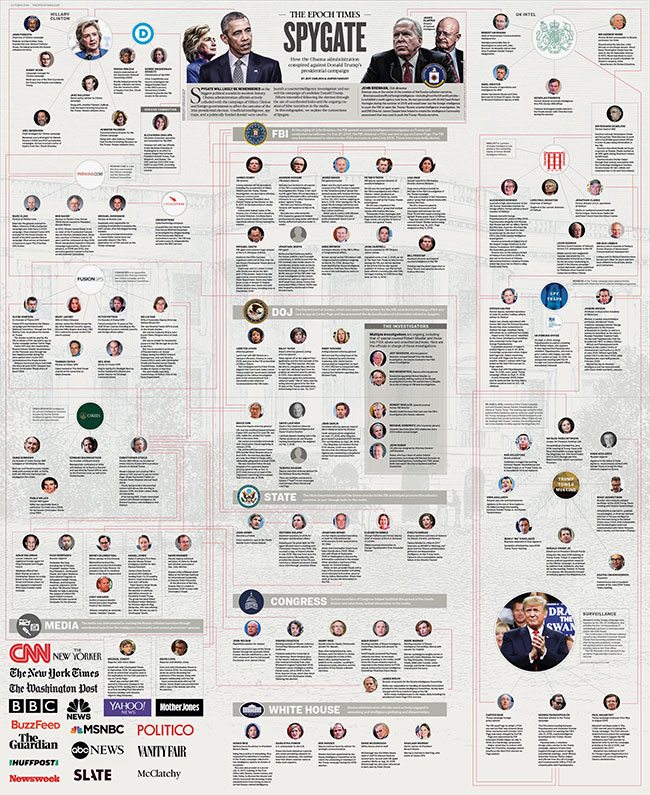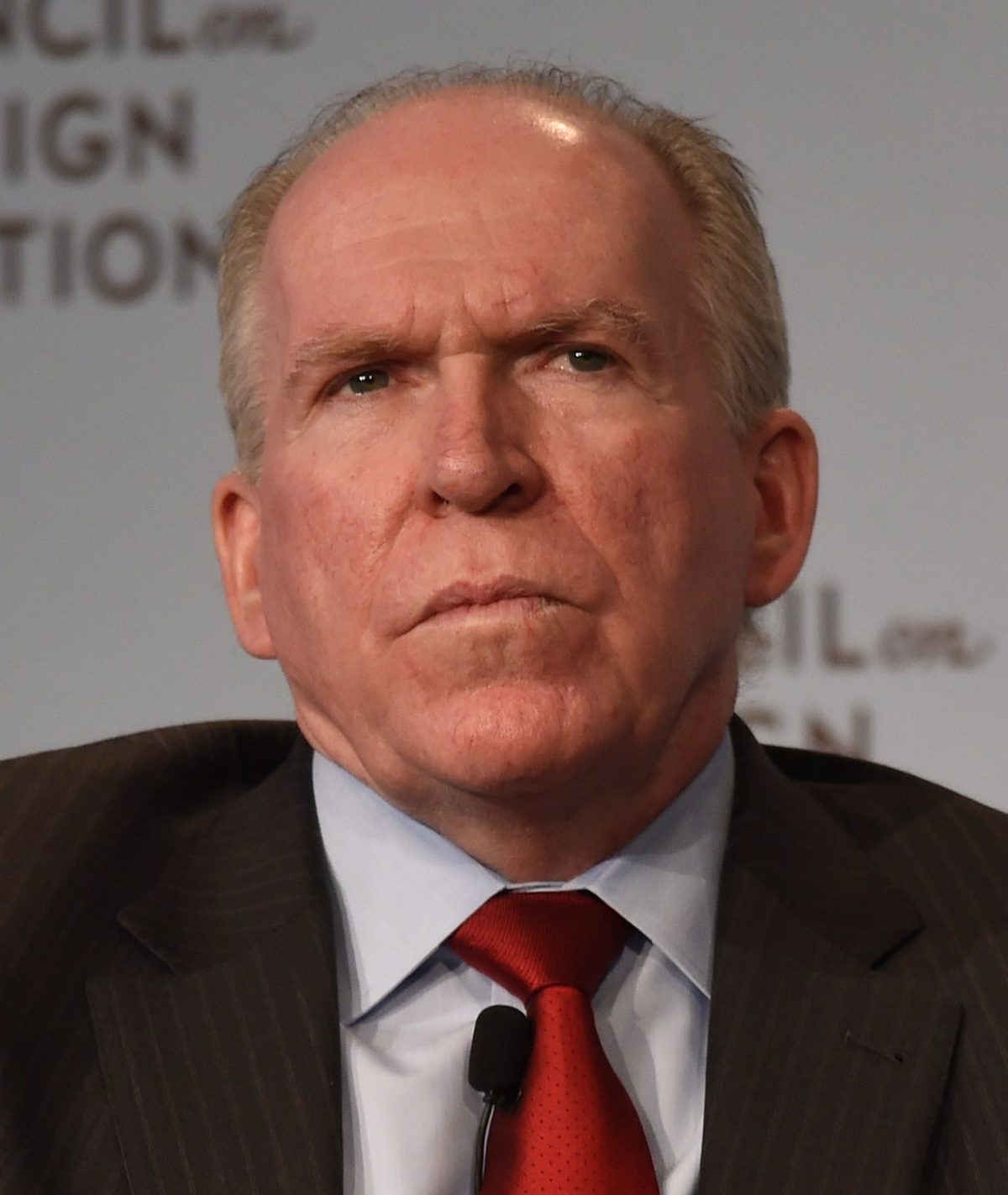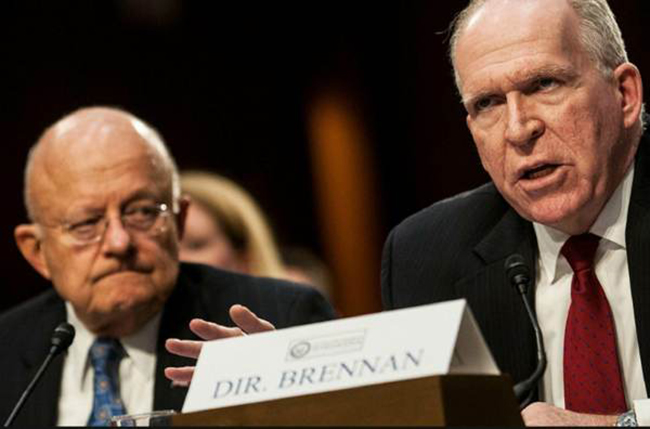Sharyl Attkisson: Key Takeaways From James Comey’s Testimony Before Congress

By
On Saturday, Congress released the 234-page transcript of closed-door testimony from ex-FBI Director James Comey before the House Judiciary and Oversight Committee the day prior. This is a summary of notable moments with page number citations so you can read for yourself.
Hillary Clinton probe
Comey confirmed that controversial FBI lovers Peter Strzok and Lisa Page served both on the team investigating Hillary Clinton’s email practices and the team investigating Trump-Russia connections (p. 18).
Context: Strzok and Page were pulled from the Special Counsel Robert Mueller probe in summer 2017 after the DOJ Inspector General discovered they had exchanged many, pejorative text message and emails. For example, emails lambasted Trump, saying that Hillary should beat him “100 million to zero.” One email referred to Hillary as “the President.” Strzok and Page left the FBI earlier this year amid ongoing controversy.
Comey says he would not have allowed Strzok and Page to serve on the Hillary email investigation if he had known about their private communications (p. 18).
Analysis: This appears to be an acknowledgment that the FBI investigation was tainted, or has the appearance of being tainted, by bias.
Attorney General Loretta Lynch
Comey said the tarmac meeting between Attorney General Loretta Lynch and former President Bill Clinton five days before Hillary Clinton’s FBI interview was problematic and “potentially inappropriate.” Comey acknowledges he didn’t take steps to find out the substance of the conversation (pp. 33-34).
Comey says he also learned of “material” that, if made public, “would be used to cast doubt on whether [Lynch] had acted appropriately” in the Hillary investigation (p. 35). He did not say what the material entailed.
Context: Comey first revealed the existence of the Lynch “material” in his book. According to a report on CNN, the material may refer to discussions between Lynch and Clinton staffer Amanda Renteria or former Democratic National Committee Chairwoman Rep. Debbie Wasserman Schultz. However, Lynch has denied discussing “any aspect of the investigation” with them.
Comey said there was “the appearance of conflict or the appearance that [Lynch] was compromised in some fashion” (p. 48).
Comey also said that Lynch should have recused herself from the Clinton investigation (p. 77).
Comey says he raised his concerns about Lynch’s objectivity with Deputy FBI Director Andrew McCabe, and that Lynch was subsequently “briefed and interviewed about the nature of that material” by McCabe and others (p. 36).
Note: McCabe was battling his own appearance of bias with his wife, Jill McCabe, a political candidate, receiving a large amount of campaign funds from Clinton connections.
Analysis: Lynch, McCabe, Strzok, and Page were key players in the Clinton email probe who ended up with conflicts of interest or the appearance of bias. Comey expressed no concern over the question of whether Lynch’s tarmac meeting and refusal to recuse may have amounted to obstruction of justice.
Hillary Clinton’s FBI interview
Comey said he doesn’t know who drafted the questions for Hillary Clinton’s FBI interview. He says he didn’t read them. The FBI didn’t record the interview. Comey said he also doesn’t remember why Clinton’s interview wasn’t conducted before a grand jury (p. 38).
Comey said he doesn’t know for sure why the witnesses in the Clinton email investigation weren’t subpoenaed and questioned before the grand jury. He says the FBI investigative team deemed it unnecessary (p. 212).
Comey would later tell the DOJ Inspector General that prior to Hillary’s interview he didn’t think there was any “there there.” (Comey says he doesn’t remember saying this to the IG, but agrees he did say it because it’s reflected in a transcript.) (p. 39).


























